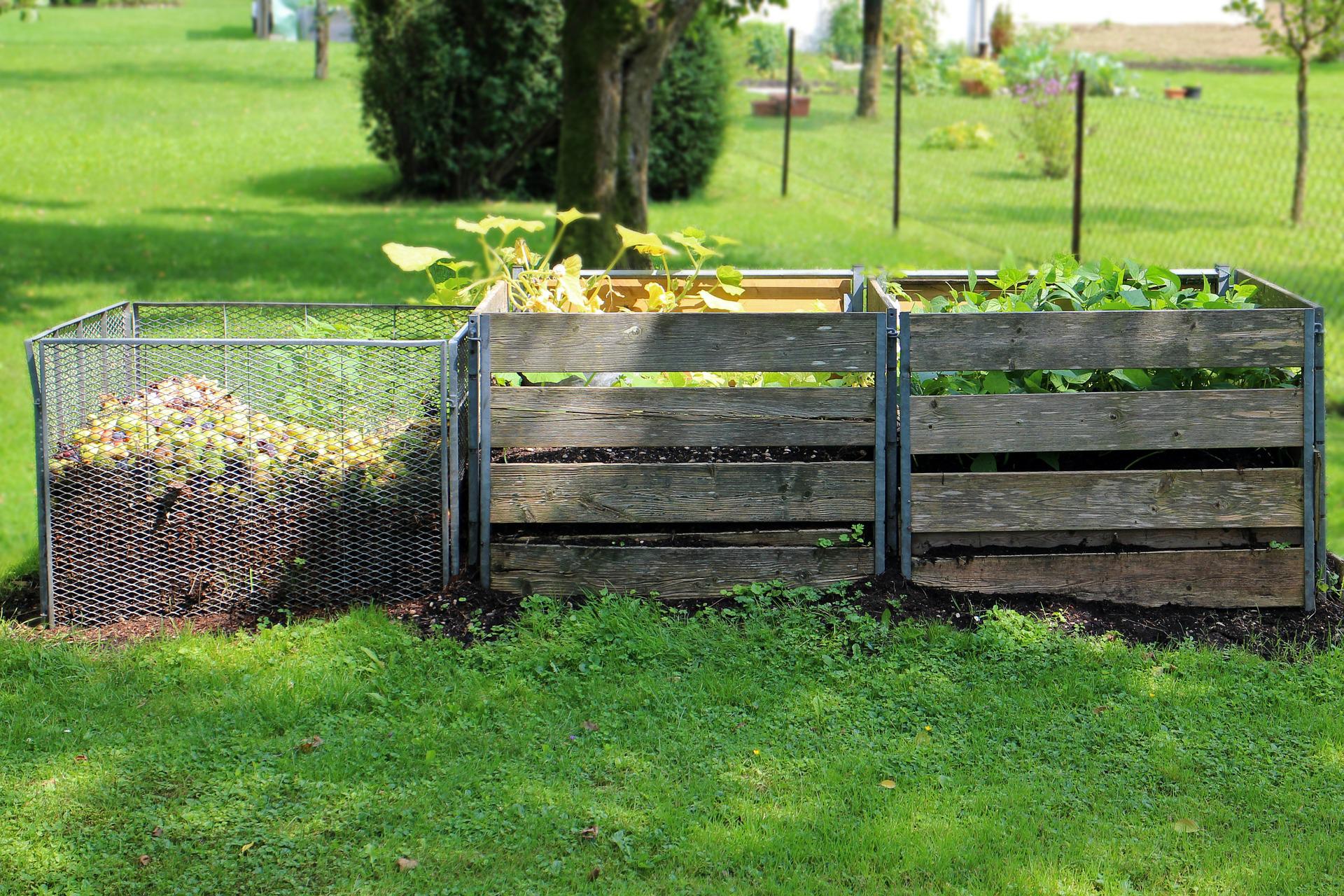
Circular economy: how green technology can help agriculture
It is always very interesting to analyze how green technology innovations can help the agriculture sector which, more than other fields, can support the so-called circular economy.
One of the latest innovations relating to the topic of green technology concerns the use of nanotechnologies aimed at reducing the use of chemical elements in agriculture. In particular, we are talking about nanopharmaceuticals, substances that can cure, or rather prevent the onset of plant diseases. These substances derive from the synthesis of waste from various agri-food chains that are collected, processed and synthesized to become plant medicines.
Leaves, dry plants, branches and shells – specifically we work in particular with cellulose and lignin – are therefore becoming a natural substitute for chemical fertilizers and pesticides, which for years have been protagonists in the agricultural sector. A green innovation that is useful not only to humans, who especially in this period have the will to control what they eat, breathe and drink, but especially to pollinating insects, which suffer enormously from the presence of chemical elements synthesized in the flora.
At the basis of this study lies another important green innovation in the agricultural field, namely the use of drones. These have in fact allowed very in-depth analyzes of the pathogenic stress elements of various types of crops, allowing a very detailed study of the elements that give indications on the stress of the plant and not only on diseases. In fact, intervening preventively allows to save entire crops, unfortunately instead when the disease has already manifested itself it is not always possible to cure the crops.
Green technology therefore represents one of the foundations of the circular economy in the agricultural field: it starts with natural elements that perform their function during their life cycle and, once unusable, transform them back to the earth to obtain benefits. All the green innovations that operate with this in mind are extremely important for building a healthier and more eco-sustainable future.








